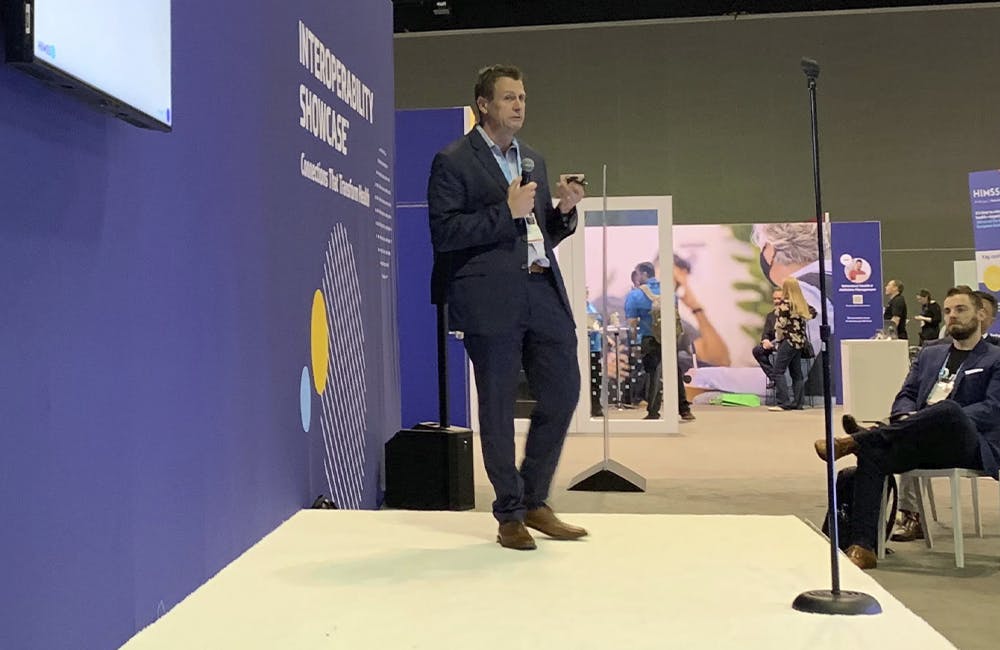The Department of Veterans Affairs (VA) is using its API program, Lighthouse, to create innovative applications that improve care and deliver new services to veterans.
Lighthouse is an API program that gives developers secure access to VA data to then develop innovative tools and services to support veterans’ needs. VA created a streamlined, modern API development experience to build services that provide veterans with consistent and reliable access to their data.
As VA develops these solutions, the agency is emphasizing privacy and security. The agency is leveraging synthetic data to represent a patient cohort without infringing on veteran privacy.
“We want to really give the application developer complete coverage of all the different data they may see when they do move to that production environment; the goal being: make sure that application sees everything it’s going to do and be able to test everything it needs to before moving to production,” VA Lighthouse Director Dave Mazik said during the HIMSS conference Wednesday in Orlando, Florida.
VA is using synthetic data in its fully self-service sandbox environment, where developers can come to test APIs. Mazik explained that this environment is intended to minimize friction throughout the testing process and reduce challenges when developers launch a new solution.
“All that work we do up front in the sandbox, we’re essentially trying to shift left all that discovery and all that integration, then we do a deep dive on reviewing the application and its privacy policies on how it’s going to use data and making sure that it’s benefiting the veteran and VA in some way,” Mazik said.
APIs have been integrated across all divisions in VA including health, benefits, appeals, enterprise and more. VA currently has more than 84 applications in production. Through APIs, VA has been able to improve its COVID-19 response. VA developed a new API that tied into its electronic health record (EHR) in real time and populated that data into the agency’s COVID-19 Patient Manager, a S SMART-on-FHIR application for using standard R4 FHIR APIs.
The COVID-19 Patient Manager is a clinical decision support web application to help emergency physicians and clinicians triage patients to recommend the appropriate medical disposition and treatment.
There are currently 20 VA medical centers using the patient manager, and four more are in discussions with developers to add it to their toolkit. The application collects patient demographic, vital signs and laboratory results more efficiently with less error than manual collection.
“This application essentially stopped the printout of PDFs and enabled that to be a digital process,” Mazik said.
Looking ahead, VA is looking to increase adoption of new applications and boost standardization.
“Adoption is definitely a challenge because we’re leaning on third parties that are not funded by VA in many cases, or even if they’re VA-funded applications, we’re not driving the schedule, we’re simply building the technology and infrastructure to enable them,” Mazik told GovCIO Media & Research.
To drive adoption, VA has been accelerating advertisements and marketing across VA’s medical facilities. In terms of standardization, VA is using Open API, FHIR standards and the 21st Century Cures Act to enable the most applications in the veteran ecosystem as possible.
“I would hope in any product organization what you really value is what gets used and not what gets built,” Mazik said. “If they don’t get used by applications that deliver a good end-user experience, then it’s really not worth our effort. We strive to really getting adoption, and standardization is one of those levers that you can pull to get that adoption.”









